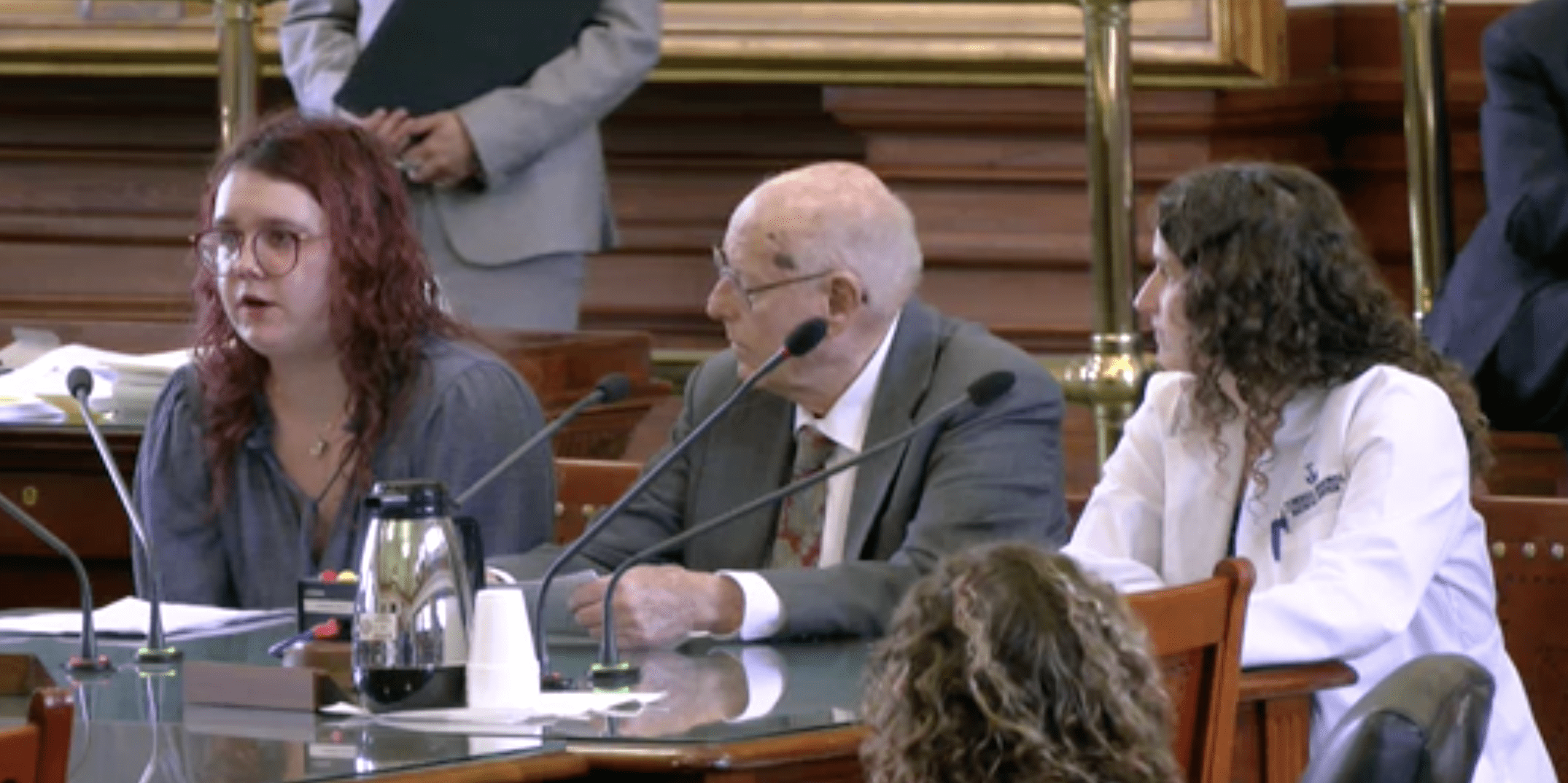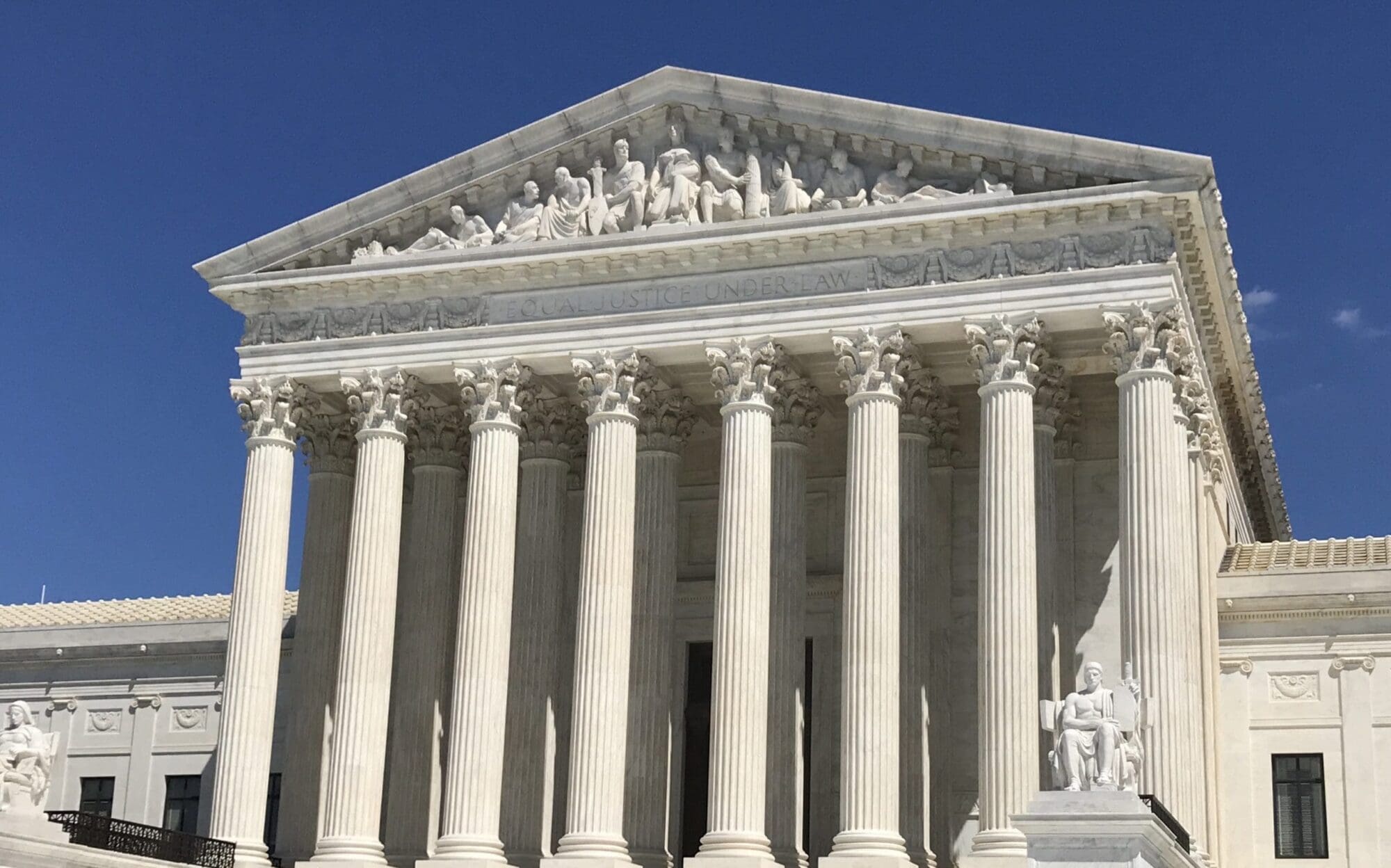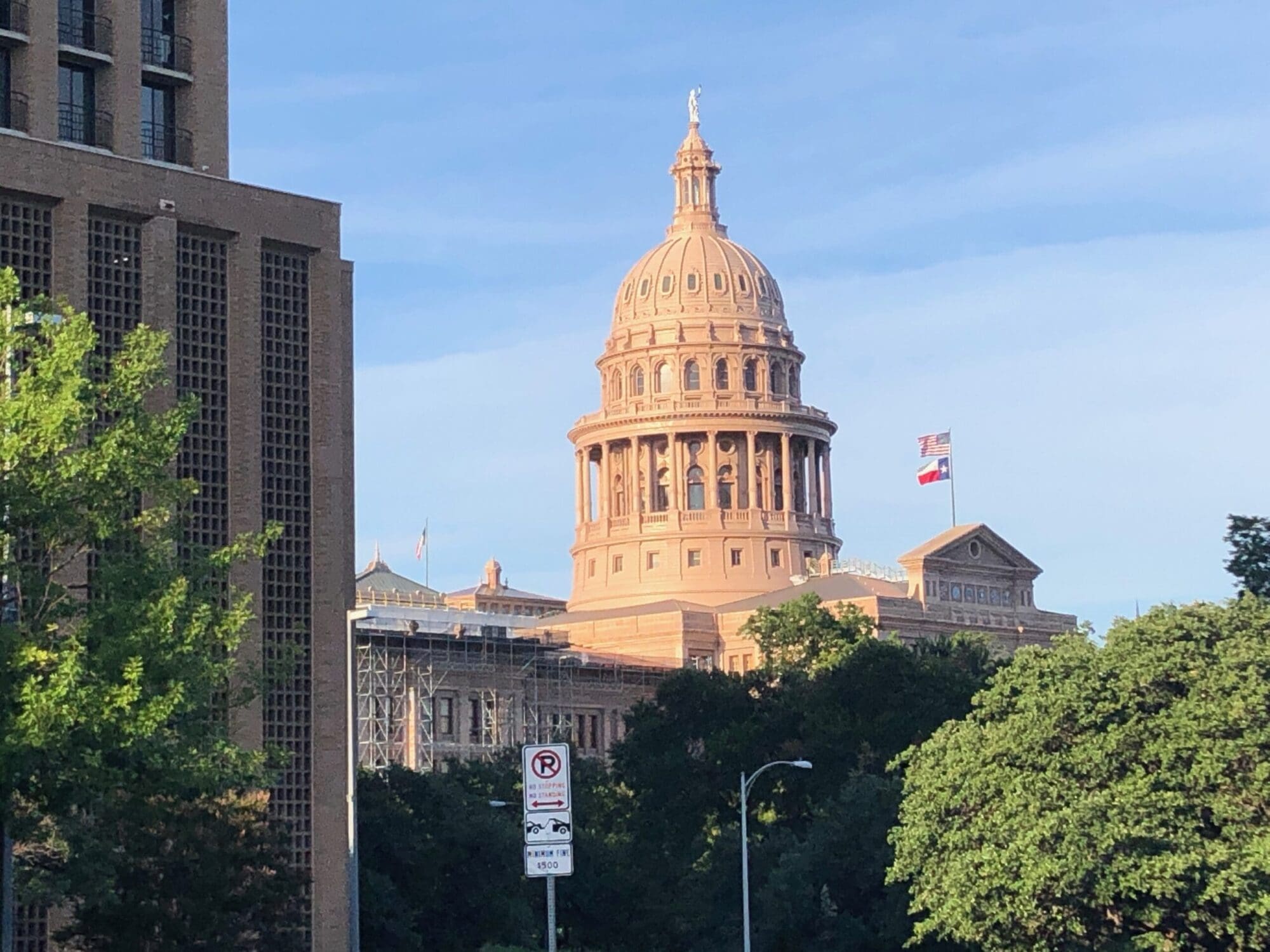As bills to ban “gender modification” procedures in children languish in the House, the Senate State Affairs Committee heard testimony on key legislation addressing the subject.
The issue is one of eight legislative priorities for the Republican Party of Texas and one of 30 espoused by Lt. Gov. Dan Patrick. Speaker Dade Phelan has not prioritized any of the dozen or so measures authored by House members to prohibit such procedures.
The State Affairs Committee, chaired by State Sen. Bryan Hughes (R–Mineola), heard several hours of testimony on Senate Bill 14 by State Sen. Donna Campbell (R–New Braunfels), which Patrick has designated one of his legislative priorities. This measure would prohibit medical providers from performing “gender transition” surgeries or prescribing cross-sex hormones or puberty blockers to children under the age of 18 suffering from gender dysphoria. It would also require the Texas Medical Board to strip the license of any physician who provides these treatments, and would prohibit the use of public funds for these procedures or drugs.
During her introduction of the bill, Campbell—a practicing emergency room physician—argued that so-called “gender-affirming care” for children is a lucrative industry that promotes treatments that are not backed by science and cause irreversible physical harm and profound emotional trauma. She stated that in the last 15 years, the number of clinics providing these treatments has grown from zero to more than 100, and in conversation with a witness later in the hearing, she remarked that $1.9 billion was spent on “gender modification” surgeries in 2021 alone.
Before any witnesses offered testimony on the bill, State Sens. José Menéndez (D–San Antonio) and Morgan LaMantia(D–South Padre Island) asked Campbell if her legislation would interfere in parents’ ability to make decisions for their children, questioned why puberty blockers shouldn’t be prescribed for children until they reach the age of 18 when they can make their own decisions about their health, and suggested that most people who identify as transgender never abandon that identity later in life.
Campbell responded by arguing that many parents are pressured into approving life-altering treatments for their children when they are told by medical professionals that refusing them puts their children at increased risk for suicide. She also noted that prolonged use of puberty blockers causes irreversible effects and explained that insurance companies don’t pay for detransition procedures, which are costly and painful, so most people who receive gender modification surgery have little choice but to continue living as the opposite sex.
“I wouldn’t want us to mix the idea that just because they haven’t detransitioned means they are happy that they did transition,” Campbell stated. “Any surgery is permanent. So trying to change back is not easy. … For those who do want to change back the transition, they’re left on their own. Insurance companies are not there. Doctors are not there.”
State Sen. Paul Bettencourt (R–Houston) agreed, saying, “Once a child goes through an irreversible surgery, there’s no returning back.”
LaMantia pointed out that the Texas Medical Association and the Texas Pediatric Association both oppose SB 14 and asked Campbell if she had spoken with either of them.
Campbell said, “I can’t speak for them, and I don’t speak for them. I think that they are careless. I think if they oppose this bill, physicians that oppose this bill need to think twice.”
She added that several countries in Europe, such as Sweden, Finland, and the United Kingdom, no longer recommend gender transition surgeries for minors because the evidence suggests they do not improve long-term well-being.
The first witnesses to testify supported SB 14, sharing personal details about receiving “gender-affirming care” and providing professional insight.
Prisha Mosley, a 25-year-old woman from Michigan, described how she suffered from depression, anorexia, and borderline personality disorder as a teenager and was persuaded that transitioning into a male would resolve those issues. Unfortunately, those treatments were unsuccessful and have left her permanently scarred. Her vocal cords are damaged so that she can no longer sing, her joints and upper body are in constant pain, she has numbness in her chest from receiving a double mastectomy, and she suffers from vaginal atrophy. She said her parents didn’t initially approve of the transition but were asked by her gender therapist, “Would you rather have a dead daughter or living son? Do you want to pick up her hormones or her body from the morgue?”
Menéndez acknowledged that Mosley was wrongly pressured into making life-altering decisions but suggested the bill would deny “transgender” children with consenting parents the opportunity to receive medical treatments to improve their mental and emotional well-being.
“I don’t believe that any parent has the right to mutilate and sterilize their child,” Mosley replied.
Dr. John M. Long, a retired pediatrician with a masters in bioethics, said he believes that “gender dysphoria is projected onto the culture, through the media, and through their peers and all of the social media with which they interact.”
“That said,” he added, “I support SB 14 as a protection for all of our youth because they are so impressionable.”
He also said that performing gender modification surgeries on children younger than 18 violates the four principles of bioethics: beneficence, non-maleficence, autonomy, and justice.
The next slate of witnesses, however, favored the types of medical interventions SB 14 would ban.
Dr. Megan Mooney, a clinical psychologist representing herself and the Texas Psychological Association, stated, “The kinds of medical care that SB 14 seeks to prohibit for children is literally life-saving.”
“We have considerable data about the important mental health benefits of medical interventions including puberty blockers and hormone treatments for transgender youth,” she continued. “It’s supported by every major medical and mental health association, and is in keeping with my ethics code as a psychologist.”
State Sen. Charles Perry (R–Lubbock) asked Mooney for the percentage of children she treats for gender dysphoria that grow out of the condition. When Mooney didn’t answer directly but cited a statistic that only 1 to 3 percent of people who identify as “transgender” eventually reject that identity, Perry remarked, “That’s very telling to me that every kid that comes through your program would say they’re going to continue with this decision.”
Campbell then asked Mooney, “Whenever a child comes in and says, ‘I’m a trans kid,’ do you believe them?”
“Yes,” replied Mooney.
Dr. Louis Appel, the president of the Texas Pediatric Society, said, “SB 14 would cause significant harm to the health of transgender youth in Texas and prohibit physicians from using our medical education, training, and experience to work with families to determine the best course of treatment for their children. … A blanket ban on these medical treatments is a very blunt instrument for the state to use and prohibits treatment options that are critical for the health and well-being of transgender youth with gender dysphoria.”
Chairman Bryan Hughes, zeroing in on the use of the term “blunt instrument,” remarked that he was “struck by what an odd and ironic word choice it was given the testimony we’ve heard.”
The committee hearing continued late into the evening, with more than a hundred witnesses having signed up to offer testimony. The bill was left pending and could be brought up for a vote at their next meeting.





